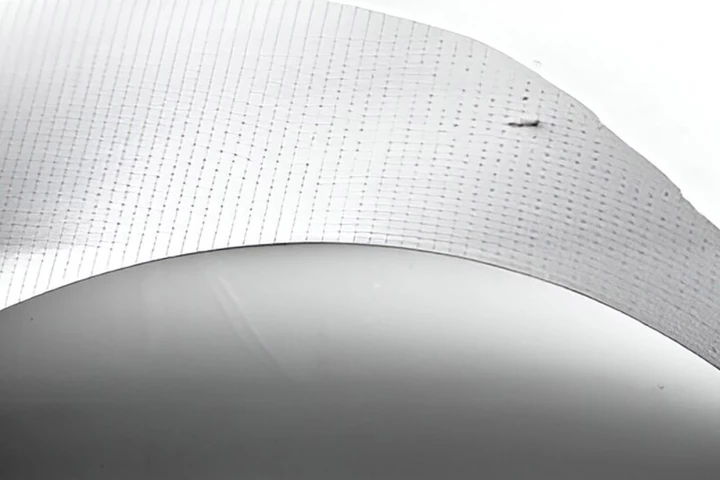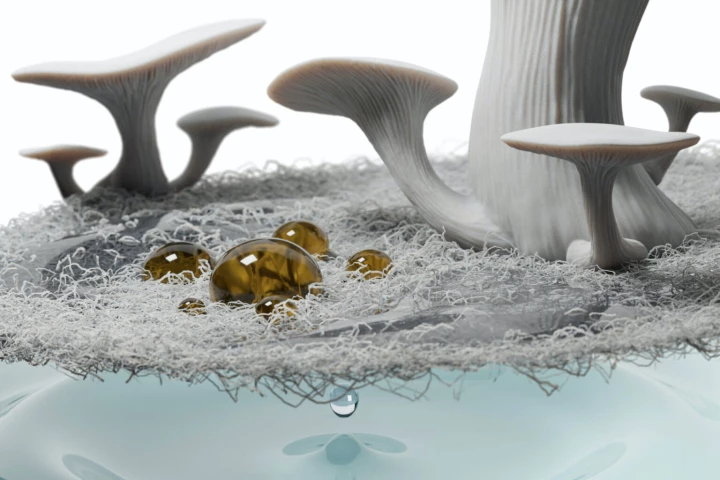Membrane
-
Fraunhofer scientists have used ultra-thin diamond membranes to drastically cool electronic components and boost electric vehicle charging speeds, taking advantages of diamond's outstanding thermal conductivity.
-
When it comes to cleaning up marine oil spills, it's best if you can use a material that separates the oil from the seawater. Scientists have created a new organic membrane which does exactly that, and it's derived from oyster mushrooms.
-
A new type of desalination membrane uses a series of nanoscale tubes lined with a Teflon-inspired material that repels salts while allowing water to flow through with little friction. The team says it's fast, and requires little pressure and energy.
-
The vast majority of water on Earth is undrinkable, but desalination could be a vital technology to meet the world’s drinking water needs. Now, Korean engineers have developed a new nanofiber membrane that can operate efficiently for long periods.
-
It can be difficult to separate water from oil, which makes water pollution tricky to clean up. Now, researchers at North Carolina State University have found that a bacterial biofilm membrane can effectively let water through while keeping oil out.
-
Researchers have developed a new type of fabric that keeps the wearer much cooler. Made from different polymers in a relatively simple way, it can efficiently transfer heat and wick away sweat, while remaining water repellent from the outside.
-
Carbon dioxide is an all too common waste product of industry, belched into the air from smokestacks. Now, researchers have developed a new type of fluorinated membrane that can selectively filter CO2 out of flue gas at the point of release.
-
One opportunity for improvement when it comes to water desalination tech lies in the materials used for filtration systems, with scientists now putting forward a wood-based alternative to the plastic-based membranes currently in use.
-
Water filters get less effective as bacteria builds up on their surface. Now, researchers at Washington University in St. Louis have developed a new type of membrane that reduces such biofouling by actively killing bacteria with graphene – and in an interesting twist, it’s built by bacteria.
-
Water filters can get dirty and lose their effectiveness quickly. Now researchers have tested a new nature-inspired membrane that filters liquids using other liquids, making for a more efficient and longer-lasting membrane.
-
Water used for hand-washing is relatively easy to treat for reuse, and now engineers at ETH Zurich have built and tested a standalone hand-washing station for use in public places and developing countries that can do just that.
-
A team of MIT engineers has potentially revolutionized the process of dialysis by creating a new membrane from graphene that is able to filter nanometer-sized molecules from solutions up to 10 times faster than current dialysis systems.
Load More











